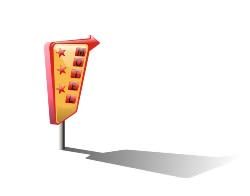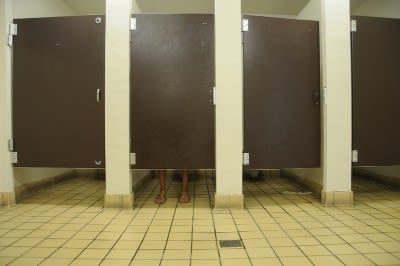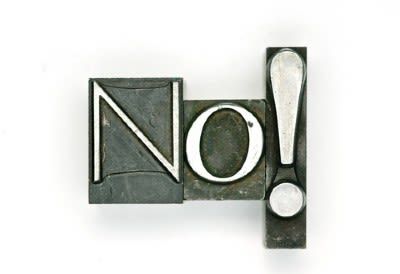The Worst Mistake a Landlord Can Make
There are many ways in which landlords can cross the line and get into serious trouble with their tenants, but perhaps the easiest is by misappropriating their security deposit. The security deposit belongs to the tenant, not the landlord. Period. End of story.
Yes, the landlord may be entitled to retain the security deposit at a later time, but only after jumping through several very important technical hurdles. Until then, hands off!
The Massachusetts statute governing residential security deposits is chapter 186, section 15B. It is long and confusing. Nevertheless, the statute carries heavy penalties. A landlord who mishandles a tenant’s deposit, even by mistake, may be obligated to reimburse the tenant for three times the deposit, plus attorney’s fees, plus any court costs incurred.
The basic principal is to avoid any co-mingling of the security deposit with other money. The trouble often begins when the landlord first receives the deposit. In essence, the landlord becomes a trustee of the tenant’s money. Since the deposit must be kept separate from other money, the tenant should not give a single check that combines the security deposit with any other payments. The security deposit should be paid with a separate check or money order. Payment should be made directly to the security deposit account and not to the landlord. Accepting cash for the security deposit is ill-advised since there is no way to distinguish between cash belonging to the landlord and that of the tenant. It doesn’t matter that the cash is later deposited in a separate account – the violation has already occurred.
Once accepted, the money must be placed in a separate bank account that is properly labeled as a security deposit account. In the event that the landlord becomes subject to claims of creditors, the tenants’ money must be held in an account that is clearly identified as escrow funds that do not belong to the landlord. The money may be placed in an account with other security deposits as long as the account is properly labeled and contains none of the landlord’s money.
Another common mistake by landlords is keeping any last month’s rent in the same account as the security deposit. Unlike the security deposit, last month’s rent is money that does belong to the landlord – it is simply rent that was paid in advance. So putting it in the same account with the security deposit would result in co-mingling and would be a violation of the statute.
The security deposit needs to stay in the account until the end of the tenancy. The only exception is if the tenant does not pay the rent. Here is another trap for the unwary landlord. The landlord may not deduct rent from the security deposit if the tenant has withheld paying rent for a valid reason. However, tenants often do not tell the landlord immediately why they are withholding their rent. So a landlord who is quick to withdraw funds from the account without verifying the reason for the lack of payment may be in for a nasty surprise later.
Of course, the primary purpose of the deposit is to protect the landlord in case of unpaid rent or damage beyond reasonable wear and tear. In order for the landlord to apply the security deposit, he or she must have taken several other important steps designed to protect the tenants before the deposit can be applied. These include providing a statutory “Statement of Condition” and detailed receipt at the outset of the tenancy, notification of the bank account where the money is held, paying annual interest, and providing a sworn statement itemizing any damages that are being claimed, together with evidence of the repair or cleaning costs.
The bottom line for any residential landlord is to consult an attorney to be certain you understand your rights and obligations before accepting a security deposit. The modest cost for this advice will pale in comparison to the penalties that may be faced after the damage is done.
Are you a landlord or tenant? Do you have questions about housing or real estate investment? I would love to hear from you. Please click below to let me know any comments or concerns.










